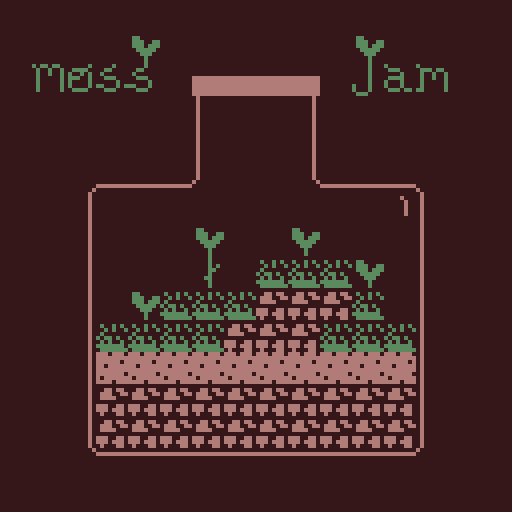00: Marked for investigation
"I want to say a few words about how I use the 'investigate' tag: what it's for, and what it isn't for."
So I'm doing a thing this summer. Specifically, I'm taking a look through notes in my notecard index that I've designated as worthy of further investigation (using the tag investigate).
I've got close to 500 notes tagged this way, so there should be enough to keep me busy for a while. The oldest one is from 1997, the most recent one is from April 17, 2020. Thanks for coming along, or at least for clicking through to take a curious look.
Before we really get going, I want to say a few words about how I use the "investigate" tag: what it's for, and what it isn't for.
It's easiest to talk about what it isn't for, so I'll start there: I don't use it just to mark "stuff that I want to check out." Like, I try not to use it as a reminder to take a look at an individual piece of media. That's not to say I don't make notes about books I want to read, or whatever: I do. It's just that if I'm making a note about a book I want to read, I don't tag it investigate--I tag it to read. Movies and video games that seem interesting have their own dedicated tags as well (to see; to play). Reading, seeing, and playing are all forms of investigation, of course--I wouldn't be making a note about the thing at all if I didn't want to investigate it--but I reserve the investigate tag for something else. Other types of things.
Things that are a little... broader? Deeper? Wider? More complicated, maybe? Something that would require some work to really "get"--more effort than just taking a book out from the library or starting up a movie or a game. Maybe something that requires research before you can "get it?" That's not quite it, but the idea that you need to "dig in" somehow before the thing will yield its full spectrum of pleasures? That feels right.
Here's what it is, as well as I can put it. I think that when I tag something investigate, it's out of a sense that the thing (whatever it might be) has a context, and that investigating the context is a necessary part of investigating the thing itself. That learning about the context is going to be part of where the joy comes from.
You could make the argument that everything in the world meets that qualification. And you wouldn't be wrong. But I do try to be selective with my application of the tag. This may mean that I end up tagging things where the contexts are obvious, hanging there within easy reach. Sometimes, but not always, things that get tagged this way are collections, which generate their own contexts just by virtue of being sets of things grouped together. Archives, indexes, curated lists, cabinets of curiosity, exhibitions, things produced in series: all of these are contexts practically crying out for investigation! Tag 'em. Similarly: diverse bodies of work produced by a single individual. By this rationale, I'd tag La Jetée with to see, but I'd tag "the films of Chris Marker" with investigate. The reverse works too: diverse responses by multiple individuals to a single prompt. So, in September 2004, when I first learned about the wonderful game Katamari Damacy, I tagged it to play, but when I stumbled (in April 2020) on a game jam asking designers to produce Bitsy games on the theme of moss? Investigate. I mean, what is that, if not a fascinating context within which interesting things might grow?

So, you ready to go take a dive into some complicated contexts together? Occasional Wednesdays, going forward.
~JPB // Dedham, MA, April 18, 2020
"There are a lot of / little things to do, to run / after." (Keith Waldrop)
![Wednesday Investigations [2:15]: Blind spots, part two](/content/images/size/w960/2025/05/jeph-jerman.jpg)
![Wednesday Investigations [2:14]: Blind spots](/content/images/size/w960/2025/05/takehisa-kosugi.jpg)